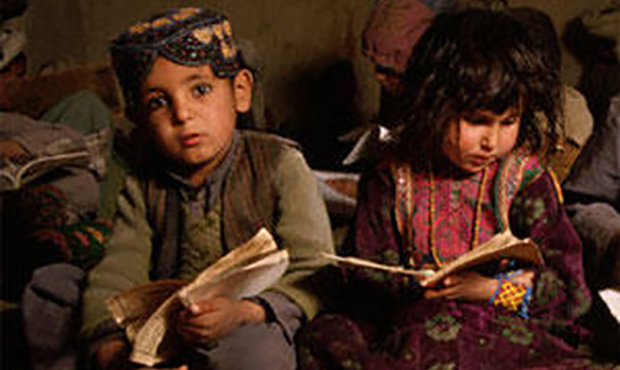
ANF, NEWS DESK — Today is International Mother Language Day. This day is observed every year to promote linguistic and cultural diversity and multilingualism. It was created by UNESCO (the United Nations Education, Science and Cultural Organisation) in order to promote the dissemination of mother tongues and a fuller awareness of linguistic and cultural traditions throughout the world and to inspire solidarity based on understanding, tolerance and dialogue.
Each year UNESCO suggests a theme for the celebrations and events. This year’s theme is “Local languages for global citizenship: spotlight on science”.
TZP Kurdi will organize events in various cities in Kurdistan. In Amed there will be a march for mother language.
Têvenga Kurdî û Perwerdeyî-Kurdish Education and Language Movement TZP Kurdî are organising one-week events and activities .
21 February events will also be supported by the BDP (Peace and Democracy Party), DTK (Democratic Society Congress), Eğitim Sen and KURDİ-DER.
On 16 May 2007 the United Nations General Assembly in its resolution A/RES/61/266 called upon Member States “to promote the preservation and protection of all languages used by peoples of the world”. By the same resolution, the General Assembly proclaimed 2008 as the International Year of Languages, to promote unity in diversity and international understanding, through multilingualism and multiculturalism.
International Mother Language Day has been observed every year since February 2000 to promote linguistic and cultural diversity and multilingualism. The date represents the day in 1952 when students demonstrating for recognition of their language, Bangla, as one of the two national languages of the then Pakistan, were shot and killed by police in Dhaka, the capital of what is now Bangladesh.
Languages are the most powerful instruments of preserving and developing our tangible and intangible heritage. All moves to promote the dissemination of mother tongues will serve not only to encourage linguistic diversity and multilingual education but also to develop fuller awareness of linguistic and cultural traditions throughout the world and to inspire solidarity based on understanding, tolerance and dialogue.
Kurdi-Der begins second year of Kurdish classes
ANF, MERDIN — Kurdi-Der, which is based in the town of Qoser and serves the whole of Merdin province, has commenced its second year of education. This year Kurdi-Der Qoser has 200 students in 10 classes. Kurdish language tuition is provided on three levels to students from different professions.
Kurdi-Der branch chair Halil Kuzu said they began enrolment on 21 February, World Mother Tongue Day. Kuzu said it was unacceptable that the AKP government only proposed to allow mother tongue tuition on an optional basis, adding that for this reason the Kurdish people had to get mother tongue education in their own institutions.
Students now writing in Kurdish
Halil Kuzu said that they had commenced education in the 2013-2014 year. He continued, saying the beginners classes were for those who came to the town as teachers and public servants, whereas the second level of classes were for people who were not literate in Kurdish. “The third level continues from where the second level concludes and deals with grammar and is for those who want to get to a more advanced level,” said Kuzu, adding that students were subjected to examinations every three months. He said that last year more than 400 students had completed the first and second level courses and that most of them had begun writing in Kurdish, reading books in Kurdish and publishing what they had written in various publications.
Firat News Agency

